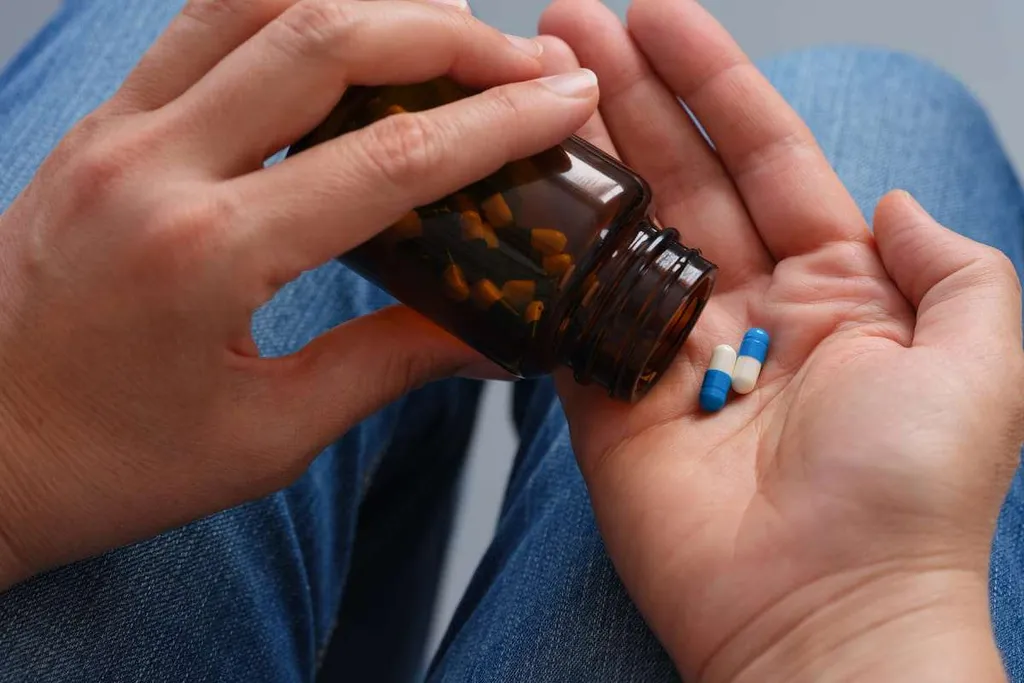
This kind of drinking can be extremely dangerous Halfway house for anyone, but especially for teenagers. As someone who’s worked with shift workers for decades, I’ve had countless conversations about the real effects of alcohol. There’s no safe level of alcohol consumption—and the health benefits you’ve heard about are often overstated. The psychological and physical impact of alcoholism on a person’s mind and body is not only complex but is an intense change as well.
Myths About Alcohol, Debunked

We’re ready to make sure you have the support you need to achieve lifelong recovery. Regardless of the guidelines, drinking can be problematic if it results in negative feelings, choices, or outcomes, which is highly individualistic. To destress in a more effective and healthy way, pick a different coping strategy like exercise, a fun hobby, or spending time with loved ones. However, there are countless addiction treatment options that can be tailored to each individual to help you live a life without alcohol. There’s plenty of misinformation surrounding all kinds of substance abuse, which can be detrimental to you and others. It affects more than 14 million adults in the U.S — about 1 out of every 18 people in this age group.
Drinking red wine is not good for our health.
- Some believe that people could stop drinking if they had better willpower to do so.
- Lastly, a hangover is actually a «mini-withdrawal.» When the central nervous system is released from the depressed state, the opposite state develops-feeling edgy and irritable.
- You don’t necessarily need to be drunk for alcohol to affect your decision making abilities.
- Many people believe that alcohol enhances creativity, citing famous artists and writers known for their drinking habits.
Excessive consumption negates these benefits and can lead to various health issues. Balance and moderation are essential when considering alcohol’s role in a healthy lifestyle. A glass of red wine or a hot toddy might make you feel warm, but alcohol doesn’t actually raise your body temperature. According to the Missouri Department of Mental Health, alcohol causes the body’s internal temperature to drop. The warm feeling is from dilated blood vessels that make your skin feel warm, and myths about alcohol the Cleveland Clinic said that this can be dangerous as it gives you a false sense of warmth. Ultimately, the decision to drink alcohol is a personal one, but it should be an informed decision.
What Are Common Myths And Facts About Alcohol? Truth Revealed

This blog post will dispel some of the most common myths about alcohol use and addiction. Armed with the truth, you can make informed decisions about your drinking habits. Red wine sometimes receives good press in terms of its potential health benefits, such as containing antioxidants, like resveratrol, that protect against heart disease. But no research has definitively shown a cause-and-effect link between drinking alcohol and better heart health.